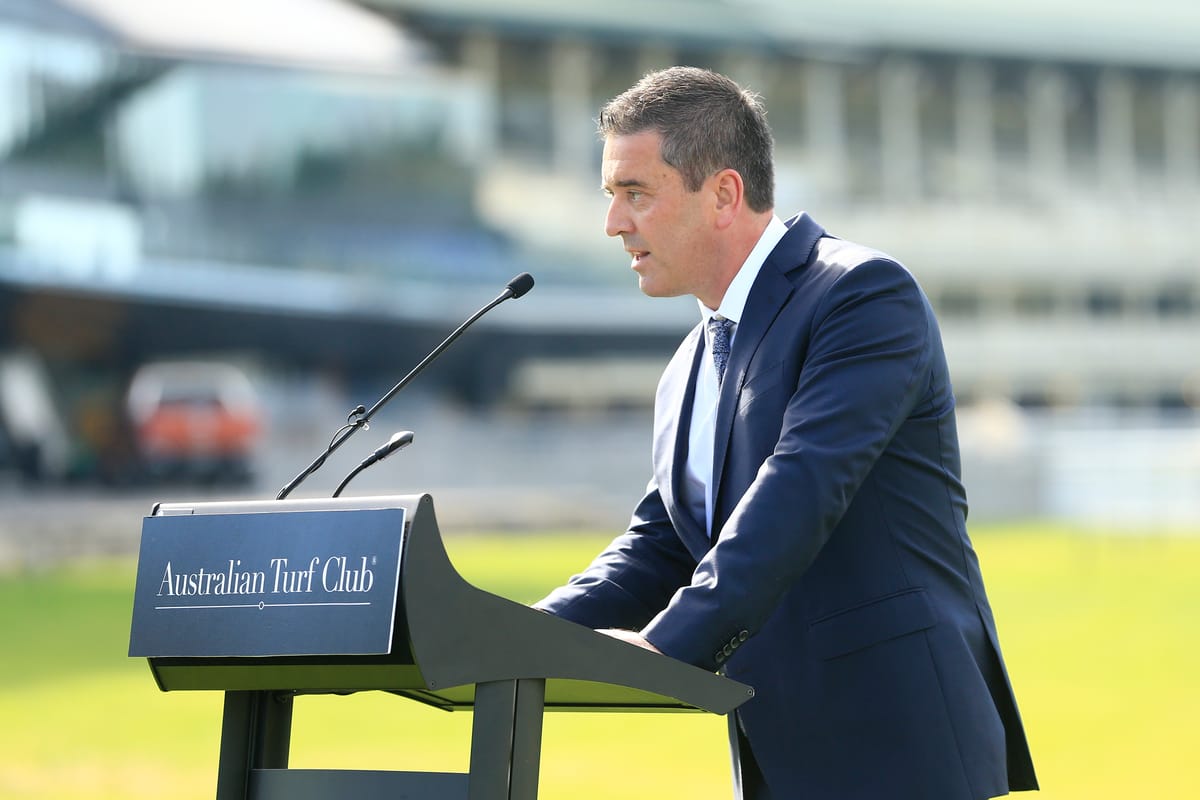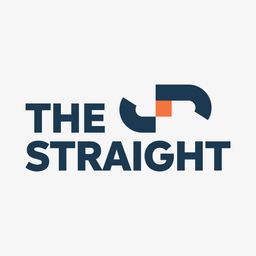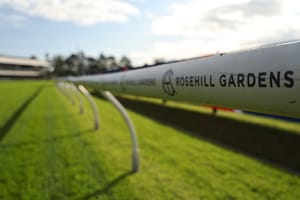Racing Queensland (RQ) has defied a 9.3 per cent decline in wagering turnover to bounce back to a $34.4 million profit for the 2024/25 financial year, in a boost ahead of the pending outcome of the McGrath review into racing in the state.

In what was a busy year for RQ, with a change of government, the departure of previous chief executive Jason Scott and the establishment of a comprehensive industry review by Racing Minister Tim Mander, it was able to recover from the $52.2 million consolidated loss of 2023/24 to post a positive result.
That came despite a drop in overall wagering turnover from $6.1 billion to $5.6 billion, with betting on both thoroughbred racing (10.6 per cent) and harness racing (12.1 per cent) dropping by double-digit amounts.
As a result, RQ’s wagering revenue fell $12 million to $371.3 million year on year, while total RQ revenue was down $19.6 million to $454.7 million.
However, it was also able to reduce total expenditure from $404 million to $377 million. That was in part due to lower returns to participants with the number of race meetings impacted by adverse weather.
“An unseasonal year, which saw wet weather accounting for twice our typical abandonments, resulted in payments to participants decreasing from $388.4 million to $368.9 million, whilst prize money also decreased from $263.7 million to $255.7 million,” RQ chairman Steve Wilson said in the report.
The overall profit of $34.4 million is the second-highest in the past decade for Racing Queensland.
The contrast from last year was also due to the fact that the 2023/24 result included a one-off $56.9 million loss related to RQ’s divestment of Sunshine Coast, which dragged RQ into the red.
Looking longer-term, returns to participants are still nearly $70 million above what they were before RQ entered a modified funding agreement in 2022 and more than twice what they were in 2017/18.
However, betting turnover is the lowest it has been since 2019/20, with thoroughbred wagering at $3.6 billion. Greyhound racing continues to grab market share, with thoroughbred racing only making up 64.3 per cent of racing turnover in 2024/25.

Greyhound racing has grown to 25 per cent of Queensland turnover, up from 17 per cent in 2016/17.
What has also declined for the thoroughbred code is the percentage of revenue generated by product fees. RQ’s annual report indicated this had slipped to $101.8 million, or 64.2 per cent of total product revenue of $158.5 million. That thoroughbred share figure stood at 78.5 per cent seven years ago.
The growth in the contribution of greyhound racing will be heartening for Racing Queensland after it opened its new racing venue The Q, this year.
Acting chief executive Lachlan Murray detailed in the annual report that the delivery of the project involved 242,593 worker hours, 85,000 bricks in the grandstand facility alone, 3450 cubic metres of concrete, and 7200 tonnes of sand.

Harness racing turnover continued its decline with Murray confirming the industry was exploring the best use for the Albion Park site.
It is also yet to determine what it intends to do with the land secured at Norwell for training and stabling, but Murray said that as that project was contingent on the government selling Albion Park, it looks unlikely to proceed.

While RQ continues to execute its existing approach, its strategic plans are likely to be altered by the looming outcome of the report being authored by former Australian Turf Club chair Matthew McGrath.
It is believed that the report is being considered by the government, which is in the process of briefing stakeholders as to its outcomes. That may include a change in funding agreement and a possible reduction of the Point Of Consumption Tax rate, which sits at 20 per cent.
RQ has detailed the impact of the racing industry on the Queensland community, highlighted by a $2.5 billion economic impact and 14,472 full-time equivalent jobs across 120 clubs and 113 racetracks.







